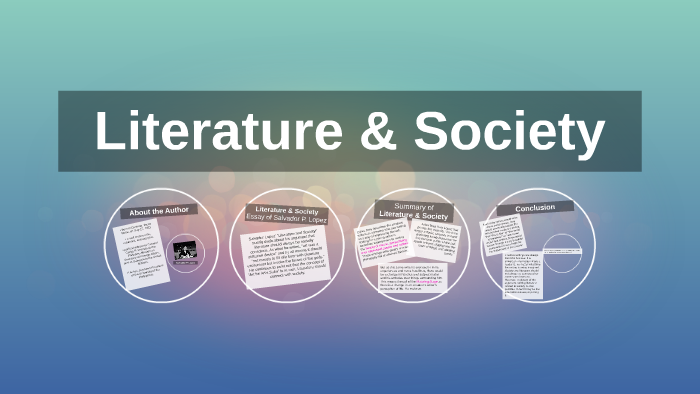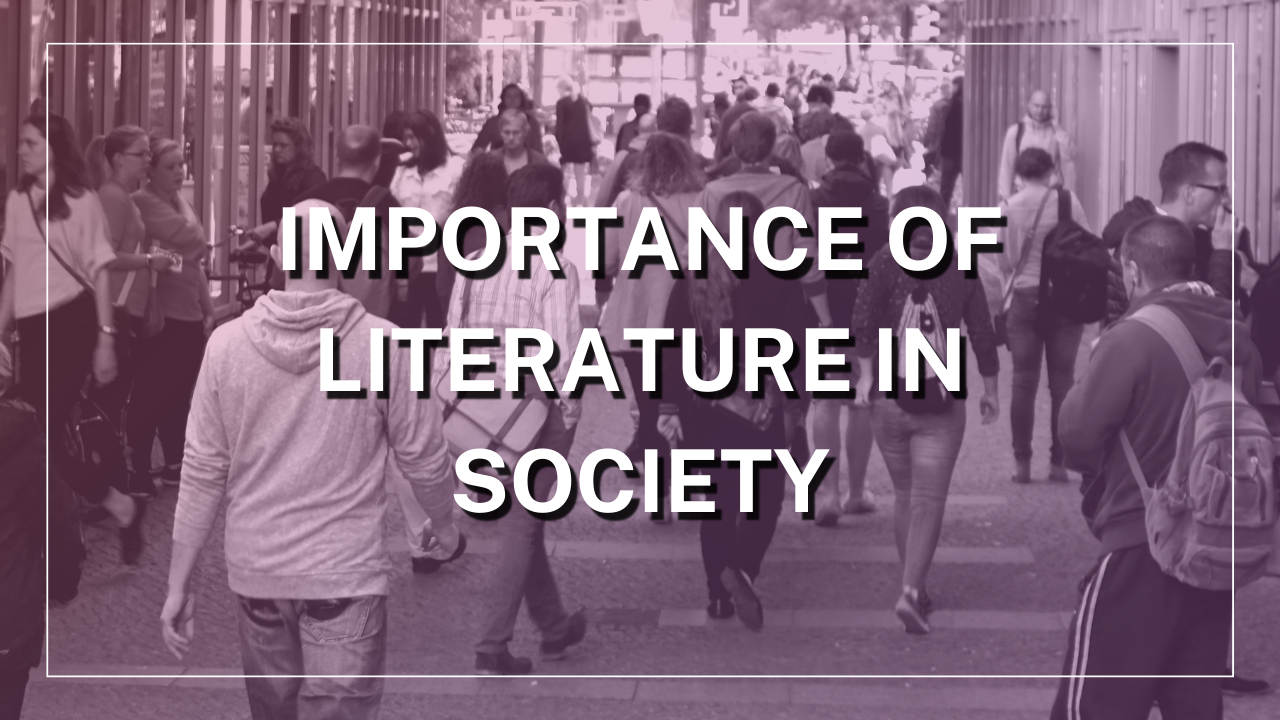
Literature has always played a powerful role in shaping human civilization. It acts as a mirror that reflects society, a tool that shapes cultural values, and a force that challenges norms and inspires change. Across time and cultures, literature has been a source of entertainment, knowledge, and revolution, influencing the way people think, feel, and engage with the world around them.
From Shakespeare’s critiques of monarchy to Harper Lee’s exploration of racial injustice and George Orwell’s warnings about totalitarianism, literature has been both a witness to history and an agent of change.
In this guide, we will explore:
- How literature reflects societal values and historical moments
- The ways literature shapes cultural and moral beliefs
- How literature challenges and reshapes norms
- Examples of literary works that have changed the world
- The role of literature in modern society
1️⃣ Literature as a Mirror: Reflecting Society

One of literature’s most important functions is to document human experiences, providing insight into the beliefs, struggles, and aspirations of different societies.
📜 Historical & Social Reflection
✔ Literature captures the spirit of an era, preserving cultural attitudes and historical events.
✔ Stories give voice to different perspectives, allowing readers to understand social struggles, revolutions, and injustices.
📌 Example:
- Charles Dickens’ Oliver Twist (1837) exposes the harsh realities of child labor and poverty in 19th-century England.
- Harriet Beecher Stowe’s Uncle Tom’s Cabin (1852) depicted the brutality of American slavery, influencing abolitionist movements.
🎭 Exploring Human Nature & Identity
✔ Literature delves into universal themes such as love, ambition, power, justice, and freedom.
✔ It helps individuals understand themselves and others, fostering empathy and self-reflection.
📌 Example:
- William Shakespeare’s plays explore timeless aspects of human ambition (Macbeth), love (Romeo and Juliet), and betrayal (Othello).
- Franz Kafka’s The Metamorphosis (1915) examines isolation and alienation, themes still relevant today.
📌 Why It Matters: Without literature, future generations would struggle to understand the emotions, struggles, and perspectives of the past.
2️⃣ Literature as a Force: Shaping Culture & Morality
Beyond reflecting society, literature shapes how people think, what they believe, and how they behave.
📖 Literature as Moral Guidance
✔ Stories often serve as ethical guides, reinforcing values like honesty, courage, and justice.
✔ Myths, fables, and religious texts help societies define right and wrong.
📌 Example:
- Aesop’s Fables teach moral lessons through simple storytelling (The Tortoise and the Hare emphasizes patience and perseverance).
- Religious texts like the Bible, Quran, and Bhagavad Gita provide spiritual and ethical guidance.
🎨 Literature & National Identity
✔ Literature contributes to cultural identity by preserving language, folklore, and national pride.
✔ Writers shape a nation’s historical narrative and collective memory.
📌 Example:
- Homer’s Iliad and Odyssey helped define ancient Greek identity and values.
- Gabriel García Márquez’s One Hundred Years of Solitude captures the history and magic of Latin America.
📌 Why It Matters: Literature helps societies define their values, preserve their culture, and connect across generations.
3️⃣ Literature as a Challenge: Breaking & Reshaping Norms
Some of the most influential works in history have been those that challenged existing power structures, societal norms, and injustices.
📢 Literature as a Tool for Social Change
✔ Writers expose corruption, oppression, and hypocrisy, inspiring movements for freedom and equality.
✔ Books banned in one era often become classics in the next because they questioned injustices.
📌 Example:
- George Orwell’s 1984 (1949) warns about government surveillance and totalitarianism, still relevant in modern discussions on privacy.
- Chinua Achebe’s Things Fall Apart (1958) challenges colonial narratives by presenting an African perspective on European imperialism.
💡 Feminism & Gender Norms in Literature
✔ Literature has played a crucial role in challenging gender roles and advocating for women’s rights.
✔ Female authors have used fiction to critique patriarchy and promote equality.
📌 Example:
- Mary Wollstonecraft’s A Vindication of the Rights of Woman (1792) laid the foundation for modern feminism.
- Virginia Woolf’s A Room of One’s Own (1929) argued for women’s independence in literature and society.
📌 Why It Matters: Literature gives a voice to the marginalized, pushing societies toward progress and change.
4️⃣ Literature That Changed the World
Some books have not only shaped thought but also influenced real-world events and revolutions.
📌 📕 Notable Works That Sparked Change:
- The Communist Manifesto (1848) – Karl Marx & Friedrich Engels → Inspired political revolutions.
- The Diary of Anne Frank (1947) – Personal account of the Holocaust → Raised awareness of Nazi atrocities.
- Rachel Carson’s Silent Spring (1962) – Led to the modern environmental movement.
- Maya Angelou’s I Know Why the Caged Bird Sings (1969) – Helped shape the civil rights movement.
📌 Why It Matters: Books have the power to educate, awaken consciousness, and even change history.
5️⃣ The Role of Literature in the Digital Age
With the rise of technology, social media, and digital platforms, literature continues to evolve.
📌 📱 Key Trends in Modern Literature:
- E-books & Audiobooks – Making literature more accessible worldwide.
- Dystopian & Sci-Fi Themes – Reflect modern concerns (The Hunger Games, Black Mirror).
- Social Justice Literature – Addressing race, gender, and identity in a digital age (Angie Thomas’s The Hate U Give*).
📌 Why It Matters: Even in an era of fast content consumption, literature remains a powerful tool for discussion, activism, and cultural preservation.
Conclusion: The Enduring Power of Literature
Literature is not just entertainment—it is the heartbeat of society. It reflects history, shapes cultural values, and challenges injustices. Whether through ancient myths, classic novels, or modern storytelling, literature continues to be a force that educates, inspires, and transforms the world.
💬 What book has had the biggest impact on your perspective? Do you think literature still has the power to change society? Share your thoughts below! 📚✨







